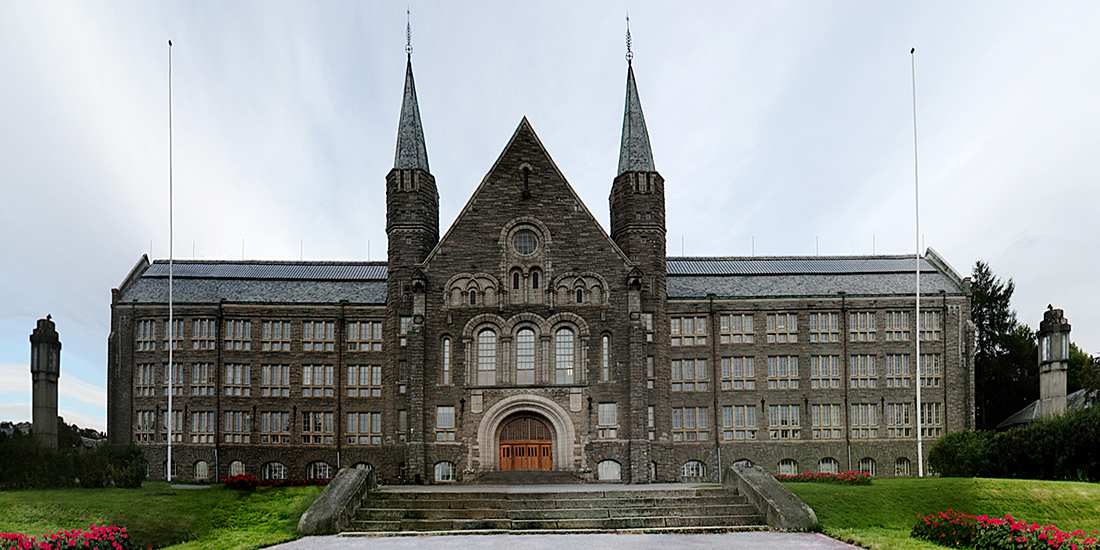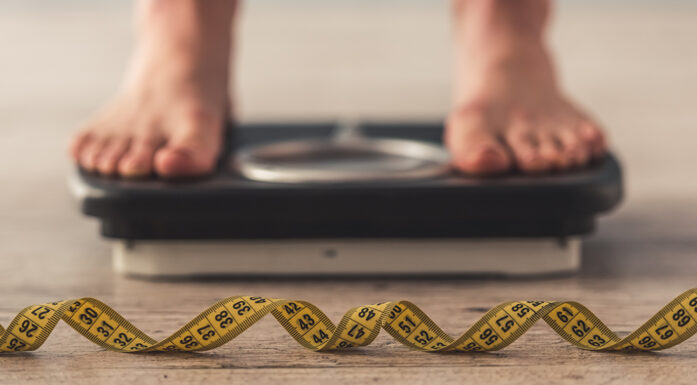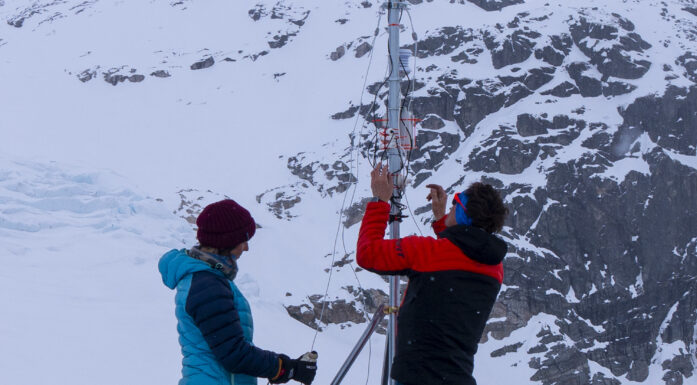New NTNU method for beating back the coronavirus
NTNU researchers have started testing a COVID-19 test strategy developed in house: saliva samples you take yourself, without involving health personnel. This means that researchers may be able to knock back the coronavirus epidemic faster, more easily and much more cheaply than today. The method is now being tested on NTNU students.
Researchers in the NTNU COVID-19 Modelling Taskforce are now testing self-administered saliva samples, designed to reveal infection earlier than current practices do. The idea is to test population groups without known symptoms of the coronavirus on a systematic weekly basis.
The method will free up resources in the health care system, since the samples are taken by the people to be tested. Finished samples can be delivered to a suitable location, to then be analysed by bioengineers in laboratories.
“With a proactive test strategy where we test before symptoms appear, we can break the chain of infection early,” NTNU professor Eivind Almaas said to NRK, the Norwegian Broadcasting Corporation.
- You might also like: Not enough COVID-19 tests? No problem, we’ll make them!
Students are guinea pigs
The researchers are now testing the effectiveness of the method by saliva testing 150 NTNU students who live together in 40 households. The samples are being checked as one common sample. If the coronavirus is detected in the sample, it will be possible to find out who in the test has the virus.
The idea behind the method is to test larger households weekly in key areas.
The researchers already had the method ready in April of last year. Using a computer simulation, the researchers showed the benefits of testing larger households to reduce COVID-19 disease.
In June 2020, the researchers also wrote that this focusing on this method is far more constructive than spending time on investigating curfew possibilities.
- You might also like: How safe are the new COVID vaccines?
Do saliva samples work just as well?
Andreas Christensen, a senior consultant at the Laboratory Centre at St. Olavs Hospital tells NRK that the saliva samples are very reliable. The new testing method will clearly be cheaper in terms of personnel use, and especially if infection can be detected earlier. Early detection can help prevent outbreaks, and along with it could also reduce isolating and quarantining requirements.
The NTNU COVID-19 Modelling Taskforce consists of researchers from several faculties and departments who bring their wide-ranging expertise in medicine, biotechnology, cybernetics, statistics and economics to bear on the project.





